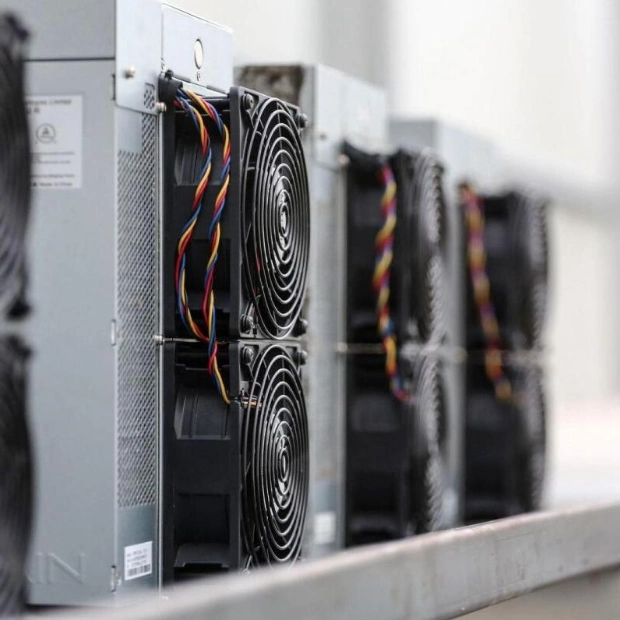A senior official has emphasized the necessity for Dubai’s toll gate system to adopt a dynamic pricing model, following studies indicating that the Dh4 fee has diminished in its effectiveness and influence on traffic flow. Ibrahim Alhaddad, CEO of Salik, noted that earlier this year, the RTA had mentioned the potential for future implementation of dynamic pricing, although no specific timeline was provided. However, the data clearly indicates a significant loss of momentum and impact by the Dh4 fee on traffic management. There is a pressing need to introduce dynamic pricing, which adjusts rates based on the time of day, potentially including exemptions during certain periods.
During an Investor Conference Call on Wednesday, Alhaddad further explained that Salik will conduct a thorough review of the details and financial implications before presenting the proposal to the Dubai Executive Council for approval. This aligns with Salik’s earlier disclosure in its IPO announcement, where it hinted at the introduction of dynamic pricing to alleviate congestion on Dubai’s roads. The RTA is considering optimizing toll rates based on the time of day, such as increasing fees during peak hours or for specific lanes.
Under this proposed dynamic pricing system, motorists would be charged higher rates during peak traffic times compared to off-peak hours. This approach is already in practice in many major cities globally. In response to a query about the impact of the heavy rainfall in April 2024, Maged Ibrahim, Salik’s CFO, confirmed that the company’s infrastructure remained unaffected, with toll gates operating as usual. He also mentioned an increase in demand post-storm, which somewhat offset the disruptions during the storm’s peak days, typically followed by a decrease in traffic due to the Eid holiday when many residents travel abroad.






